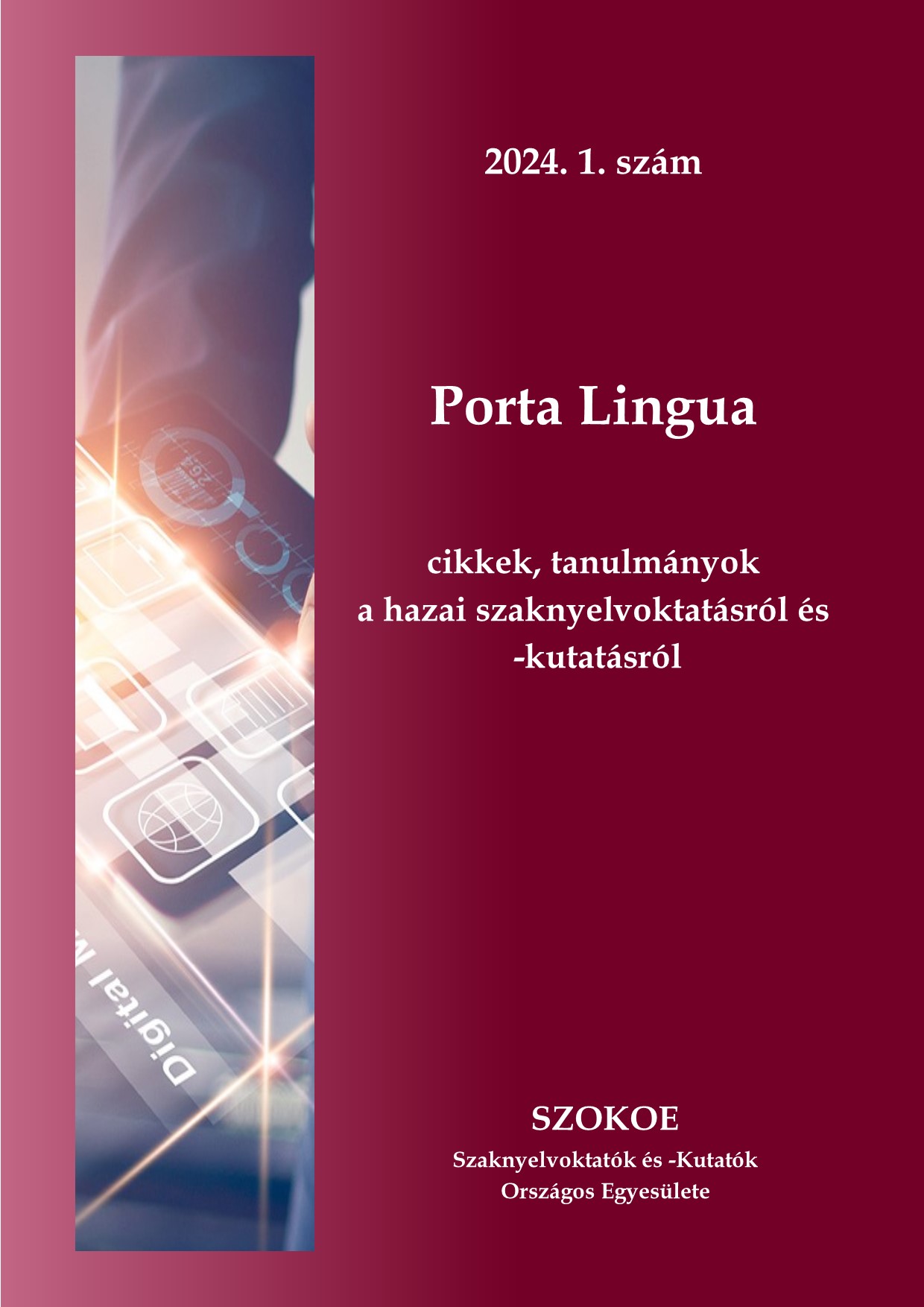Is interpreting useful for for students of law, economics and engineering?
Abstract
Interpreting enables successful understanding and interaction between people of different mother tongues and cultures, therefore interpreters play a crucial role in today's globalized world. Consequently, the aim of this paper is to present to what extent and in what respect an interpretating course is useful for students of law, economics and engineering, based on a student survey and course evaluation. The first part of the study presents the “Introduction to interpreting” course taught at the Faculties of Law, Economics, and Mechanical Engineering and Informatics of the University of Miskolc within the framework of the legal/business/technical translation specialization programmes. The second part of the article describes the results of a small-scale questionnaire survey conducted in January 2023 among students who completed the course. The empirical research study shows trainees’ opinions on the importance and usefulness of the theoretical and practical parts of the course, which topics were considered to be the most useful ones, and in what respect the students’ improved their skills due to the course. The results also provide an answer as to whether the students feel more confident thanks to the knowledge acquired during the course and whether they have better chances in the labour market.
References
Babbie, E. (2001): A társadalomtudományi kutatás gyakorlata. Balassi Kiadó: Budapest.
Horváth, I. (2012): Interpreter Behaviour. A psychological approach. Hang Nyelviskola Bt.: Budapest.
Mackey, A. – Gass, S. (2005): Second Language Research: Methodology and Design. Lawrence Erlbaum Associates Publishers: London.
Pöchhacker, F. (2004): Introducing Interpreting Studies. Routledge: London. https://doi.org/10.4324/9780203504802
Szabari, K. (2002): Tolmácsolás. Bevezetés a tolmácsolás elméletébe és gyakorlatába. Scholastica Kiadó: Budapest.



